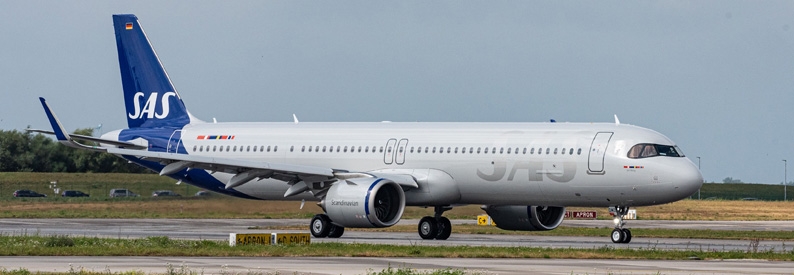European Commission Greenlights SAS Scandinavian State Aid with New Conditions

In a significant development, the European Commission has re-authorised the 2020 COVID-era state aid of EUR 833 million (USD 911 million) for SAS Scandinavian Airlines, injected by Sweden and Denmark. While the overall aid amount remains unaffected, the Commission has imposed new terms, including a step-up provision aimed at encouraging the governments to exit the shareholding.
The step-up provision requires SAS to issue new hybrid notes to the governments without any consideration, with approval needed from SAS’s general meeting of shareholders due to their related party status. The two governments have a two-month window to incorporate this mechanism after formal notification of the decision.
CEO Anko van der Werff confirmed that the decision was anticipated and stated that it doesn’t impact the ongoing Chapter 11 restructuring of SAS or the recent approval of USD 1.2 billion funding from new investors. SAS received the EUR 833 million aid in 2020, consisting of fresh equity, state hybrid notes, and equity participation, with both Sweden and Denmark currently holding a 21.8% stake each in the airline.
The renewal of the state aid approval is crucial for SAS, especially after the EU General Court annulled the previous authorisation in May 2023 due to the absence of a step-up mechanism. The introduction of this mechanism aligns with the temporary framework governing state aid to airlines during the pandemic, relaxing the stringent EU rules.
SAS has been navigating a complex restructuring process, including Chapter 11 proceedings, and securing the necessary approvals is pivotal for its financial stability. The airline aims to obtain US court approval for its restructuring in early 2024, followed by Swedish reorganisation and European Commission approvals, with the Chapter 11 process expected to conclude by June 2024.
The re-authorisation with revised terms ensures SAS’s continued access to the previously allocated aid, providing stability as it progresses through its restructuring journey.
